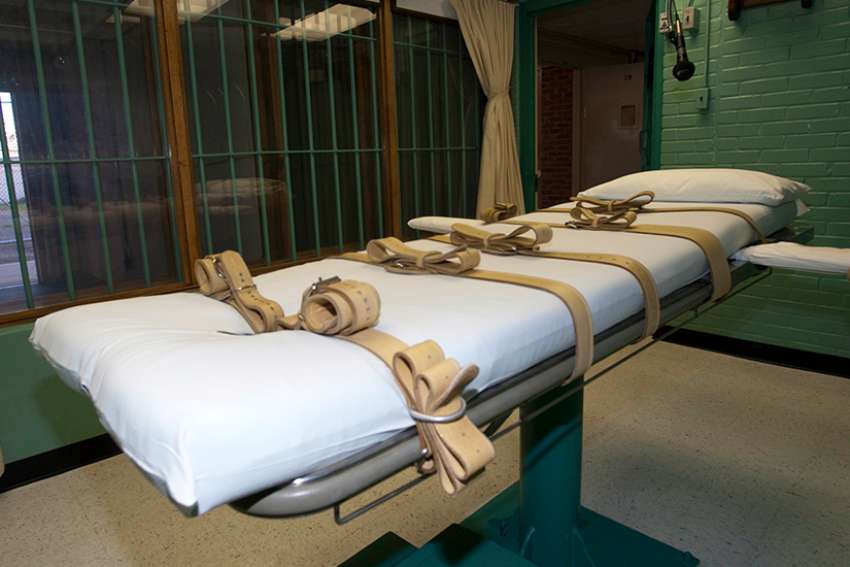The change is welcomed. After all, how can you have it both ways? As an American cardinal put it, is the right to life conditional or unconditional? If all human beings are created in the image and likeness of God, how could a Church that is resolutely pro-life condone capital punishment, even in the most rare and extreme cases?
This moral inconsistency was finally addressed when Pope Francis proclaimed what, for many, was already obvious. There is no such thing as a justifiable execution. Or, as the Pope asserted in ordering an amendment to the Catechism of the Catholic Church, the death penalty is never acceptable “because it is an attack on the inviolability and dignity of the person.”
New language to expressly reject the death penalty will replace an ambiguous section in the Catechism (paragraph 2267) that discourages capital punishment but acknowledges the right of States in rare cases of “necessity” to perform executions. That inconsistency has existed for years, despite the apparent discomfort of at least three popes. Before Pope Francis acted, St. John Paul II and Benedict XVI both suggested that a Church which so adamantly proclaims the sanctity of life should just as vehemently oppose the death penalty.
“Not even a murderer loses his personal dignity, and God Himself pledges to guarantee this,” St. John Paul II once said.
Pope Francis did not come to this position suddenly. Three years ago he called capital punishment a tool of revenge, not of justice, that is “cruel, inhumane and degrading.” A year ago he began the formal process to align Church teaching with that view.
Being a long time coming makes the change no less significant. A Catholic definition of being pro-life means much more than opposing abortion and euthanasia. It means recognizing the dignity inherent in every person and defending not only each person’s right to life, but to a dignified life.
For the poor, that includes a right to such basics as food, housing, employment and education. For the sick, elderly and disabled, it means a right to compassionate care. And for the incarcerated, even murderers, it means a right to humane living conditions that encourage rehabilitation and repentance for the duration of their time in jail.
Renouncing the death penalty (which was abolished in Canada in 1976) is a step in that direction. It affirms the inherent dignity of all human life and corrects the misguided notion that some executions can be morally acceptable to safeguard society and advance the common good.
Killing is wrong. Always. This change reinforces that fundamental message.


